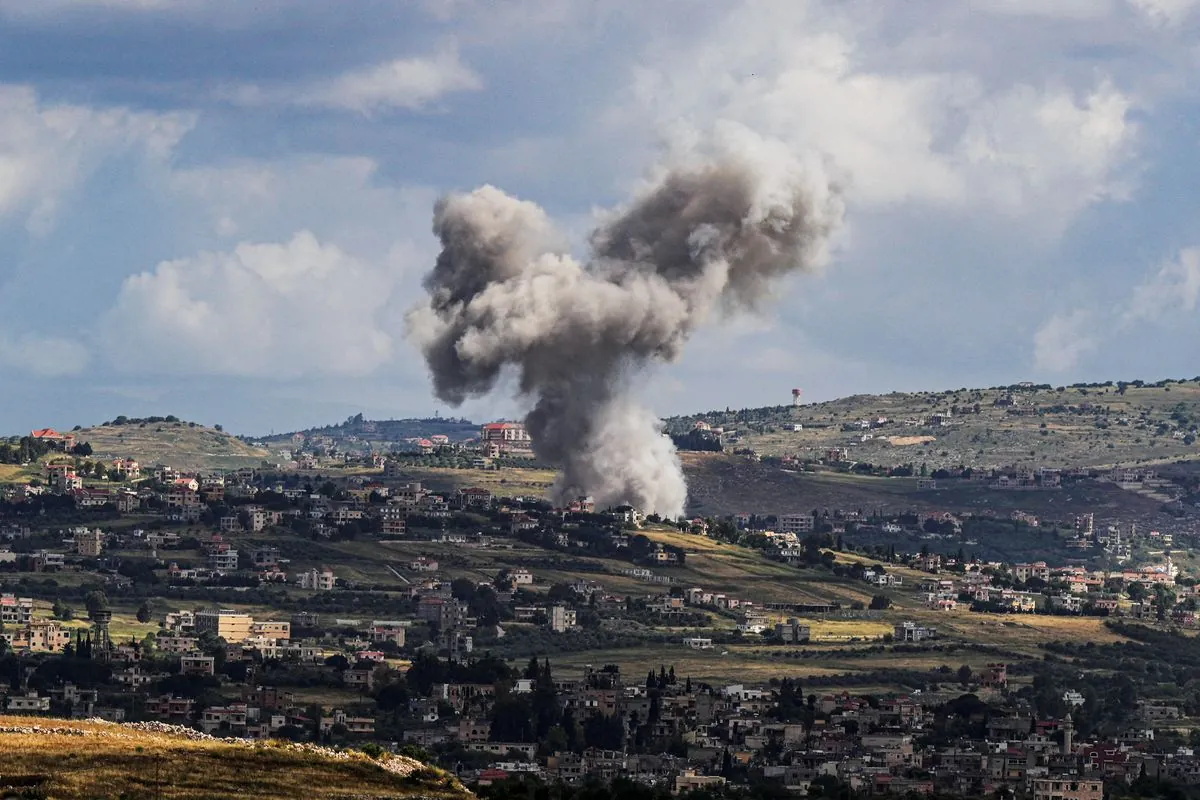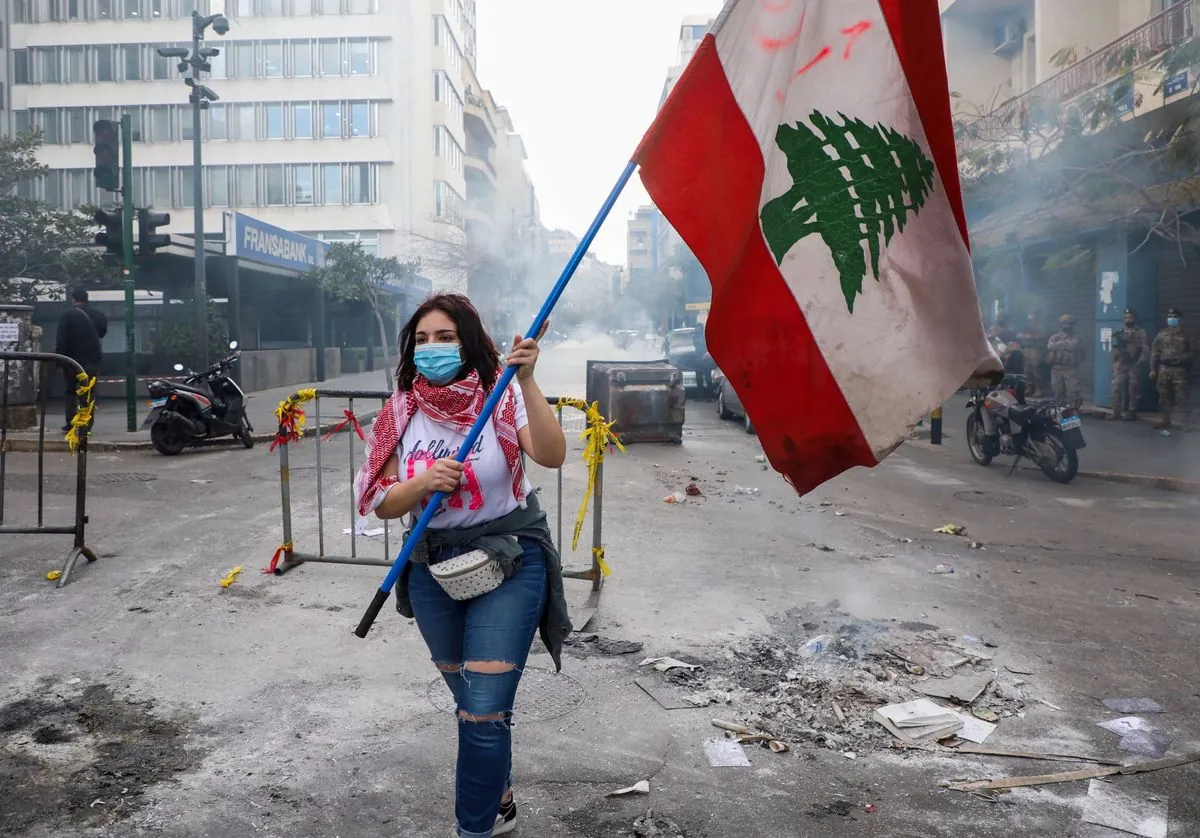Lebanon Braces for Potential War Amid Economic Crisis and Hezbollah's Growing Power
Lebanon prepares for possible conflict escalation with Israel, facing severe economic challenges and Hezbollah's increased military capabilities. The country struggles to fund emergency responses amidst ongoing crises.

The ongoing exchange of fire between Hezbollah and Israel has heightened concerns about a potential regional conflict extending beyond the tense border. Lebanon, already grappling with severe economic and political challenges, faces a precarious situation that could be exacerbated by a new war.
Lebanon's current predicament is far more dire than during the 2006 conflict with Israel. The country has been mired in years of political instability and economic turmoil, resulting in massive debt, unreliable electricity supply, a dysfunctional banking system, and widespread poverty. These issues have left Lebanon ill-prepared to handle another major conflict.

The Lebanese government, in collaboration with UN agencies, has devised a comprehensive response plan outlining two potential scenarios:
- A limited escalation similar to the 2006 war, displacing an estimated 250,000 people
- An "uncontrolled conflict" scenario, potentially displacing over 1 million individuals
The projected monthly costs for these scenarios range from $50 million to $100 million, respectively. However, Lebanon's ability to fund these emergency responses is severely limited due to its ongoing economic crisis.
Nasser Yassin, the Environment Minister overseeing relief operations, has stated that the recent attacks have not altered the existing plan, which already accounts for various possibilities, including an expansion of hostilities.
Lebanon's economic woes have been compounded by several factors:
- Decades of corruption and political paralysis
- The COVID-19 pandemic in 2020
- The devastating Beirut port explosion in August 2020
- A struggling tourism sector
- Hosting over 1 million Syrian refugees
The country's healthcare system is ill-equipped to handle additional strain in the event of an all-out war, as international funding for Syrian refugees continues to decline.
Logistical challenges for aid delivery in case of war are significant. The 2006 conflict saw Israel imposing an air and sea blockade, severely limiting the country's ability to receive supplies. The current state of Lebanon's infrastructure, including the partially rebuilt Beirut port, raises concerns about the country's capacity to handle aid distribution during a potential conflict.
Hezbollah's military capabilities have significantly increased since 2006. The group's arsenal has reportedly grown from 15,000 rockets to an estimated 150,000, with more advanced weaponry and an expanded drone fleet. This enhanced military power raises concerns about the potential scale and intensity of a future conflict.
"Hezbollah has acquired more advanced weaponry, including precision missiles and variants of Iranian arms, as well as Chinese and Russian weaponry."
As tensions continue to escalate, Lebanese officials and international diplomats hope that a cease-fire agreement in Gaza could bring calm to southern Lebanon. Hezbollah has indicated its willingness to halt attacks along the border if a cease-fire is implemented in Gaza.
The situation remains volatile, with Lebanon caught between its internal crises and the threat of external conflict. The country's ability to weather another war is severely compromised, making diplomatic solutions all the more crucial in the coming months.


































